A student-led Swiss team has shattered the record for the world’s fastest-accelerating electric car, clocking a 0-62mph run in less than a second.
The AMZ team, consisting of members from research firm ETH Zürich and the Lucerne University of Applied Sciences and Arts, achieved a time of 0.956sec using a hand-built EV named Mythen.
Driven by team member Kate Maggetti, it beat the previous record by almost a third and covered a distance of just 12.3 metres before breaking the record.
The previous record for the fastest sprint from 0-62mph was achieved last year by Greenteam, a group of 20 students from the University of Stuttgart in Germany, which completed the sprint in 1.461sec.
All of the Mythen's parts were built by hand in an overall package that weighed just 140kg in total. Power comes from a bespoke powertrain producing around 321bhp.
Watch the record-breaking, fastest-accelerating electric car in the video below
“Power isn’t the only thing that matters when it comes to setting an acceleration record; effectively transferring that power to the ground is also key,” said Dario Messerli, AMZ's head of aerodynamics..
“Conventional Formula 1 cars solve this through aerodynamics: a rear or front wing pushes the car to the ground. However, this effect only comes into play when the car has reached a certain speed. To ensure strong traction right from the start, the AMZ team has developed a kind of vacuum cleaner that holds the vehicle down to the ground by suction.”
The mind-boggling time of 0.956sec is far beyond what any production car on the road today is capable of, coming in at around a full second faster than the Pininfarina Battista, the Ariel Hipercar and 1.5sec faster than the Tesla Model S Plaid. It’s also 1.5sec faster than the 0-62mph time achieved by the W16-engined Bugatti Chiron.
It’s not the first time this team has broken the record for the world’s fastest-accelerating electric car. It broke the record in 2014 and again in 2016 before being toppled by Greenteam last year.
The Greenteam racer broke the previous record on a track at Bosch’s site in Renningen. It weighed just 145kg and got 247bhp from dual electric motors, four-wheel drive and a bespoke battery pack.
The University of Stuttgart said it produced around 1726bhp per tonne, with a peak acceleration of 2g - around the same amount of force felt by astronauts re-entering Earth’s atmosphere.
The record was a year in the making for the team of 20, who study a range of subjects at the university.
Greenteam suffered a major setback with the attempt prior to beating the record when the car lost control at high speed and crashed into a tyre stack that was in place as a track barrier.

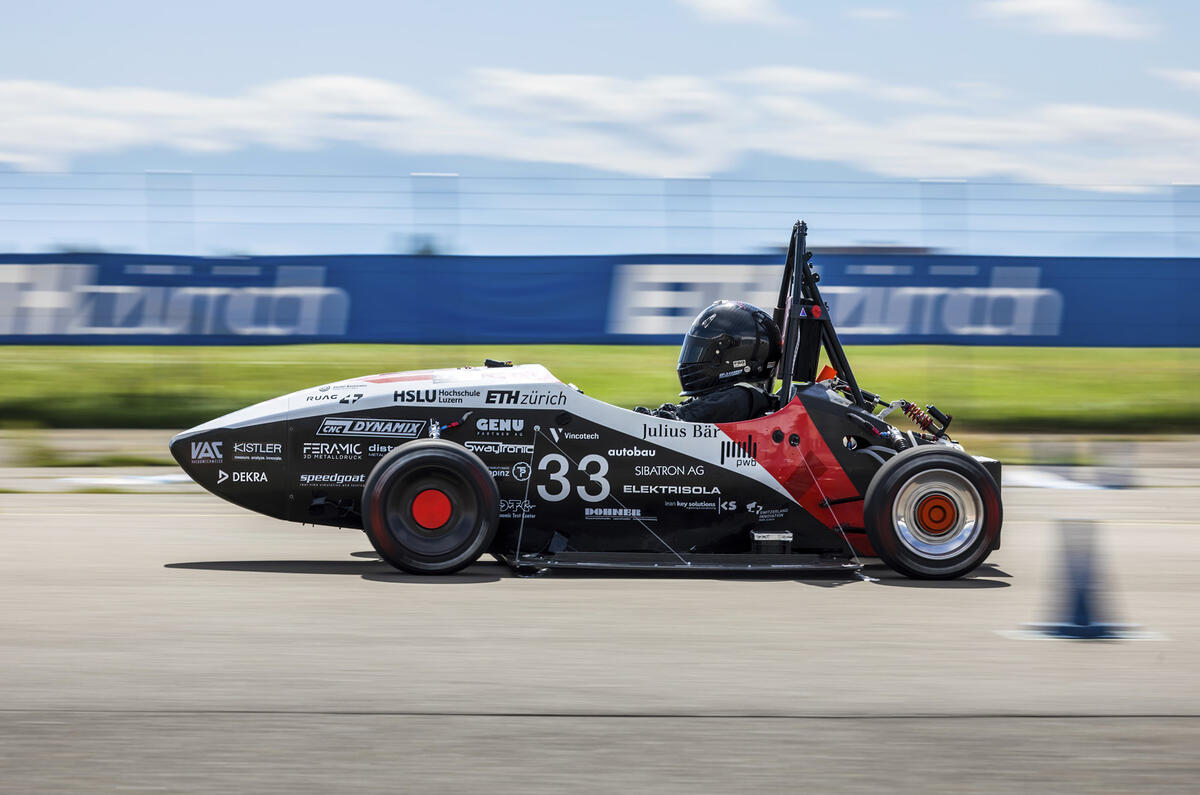
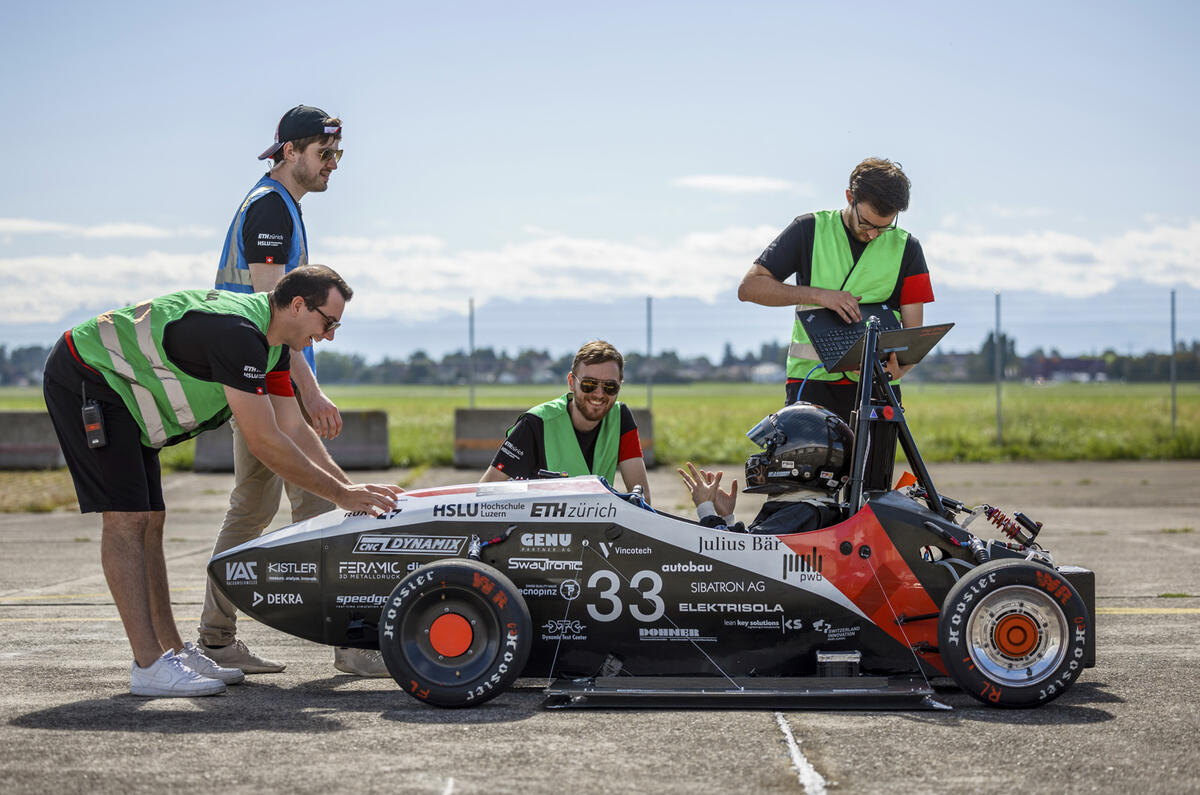
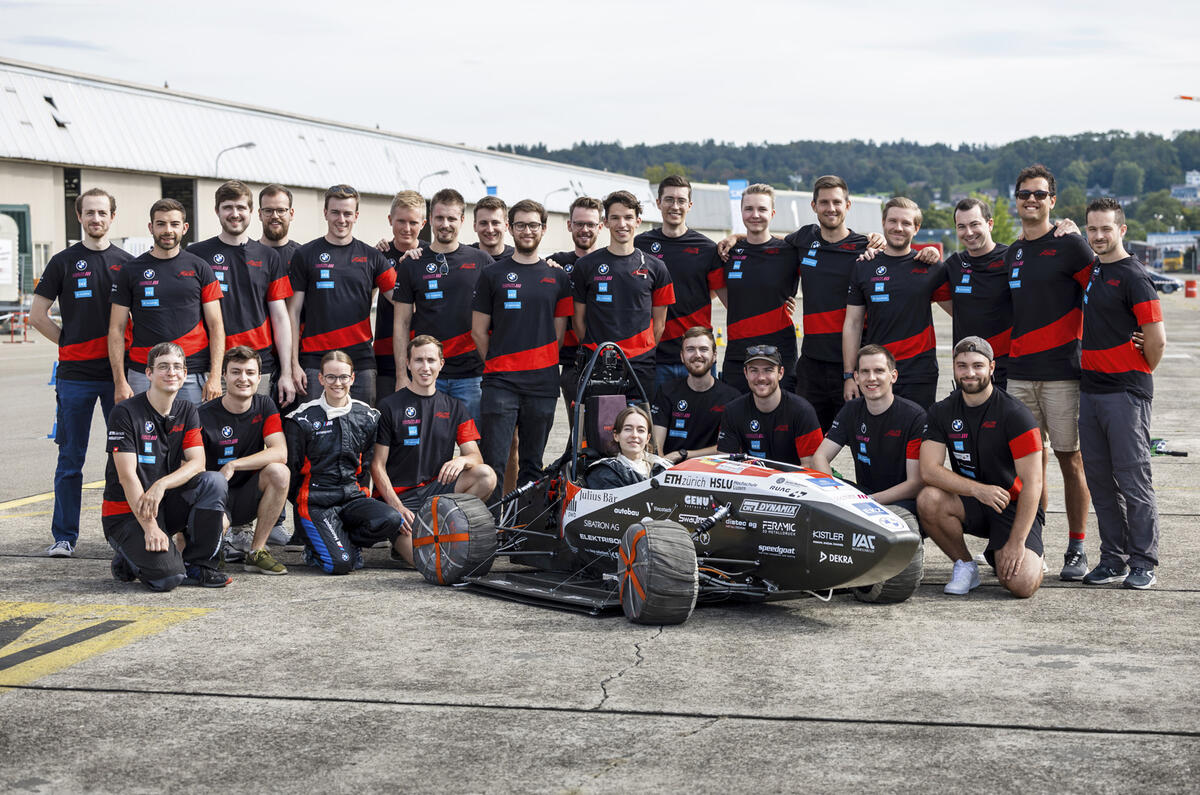
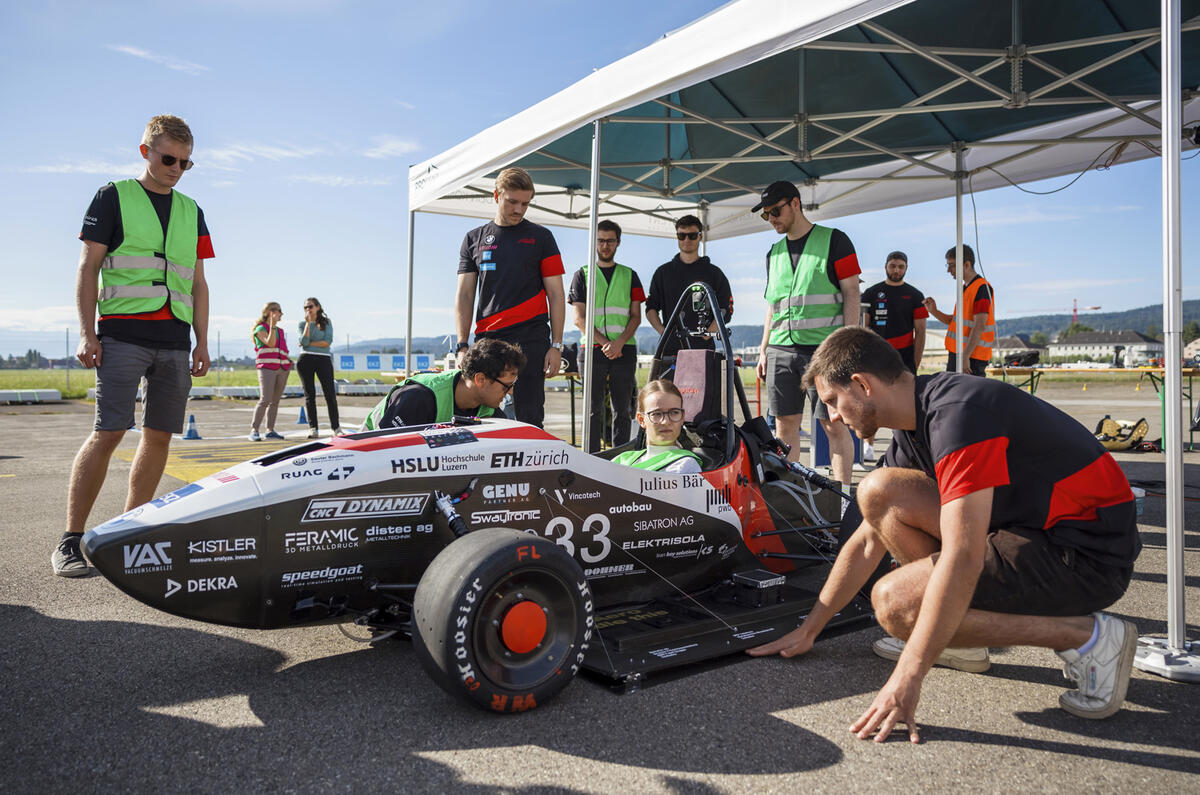
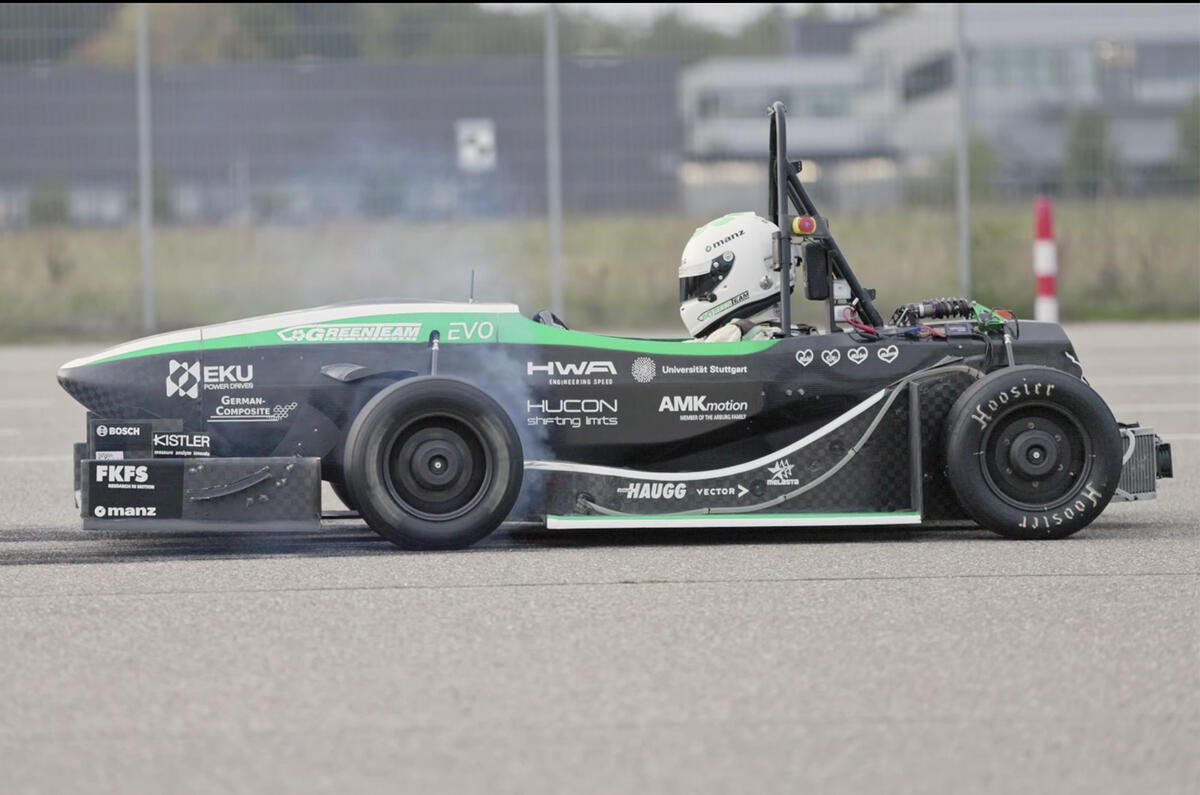
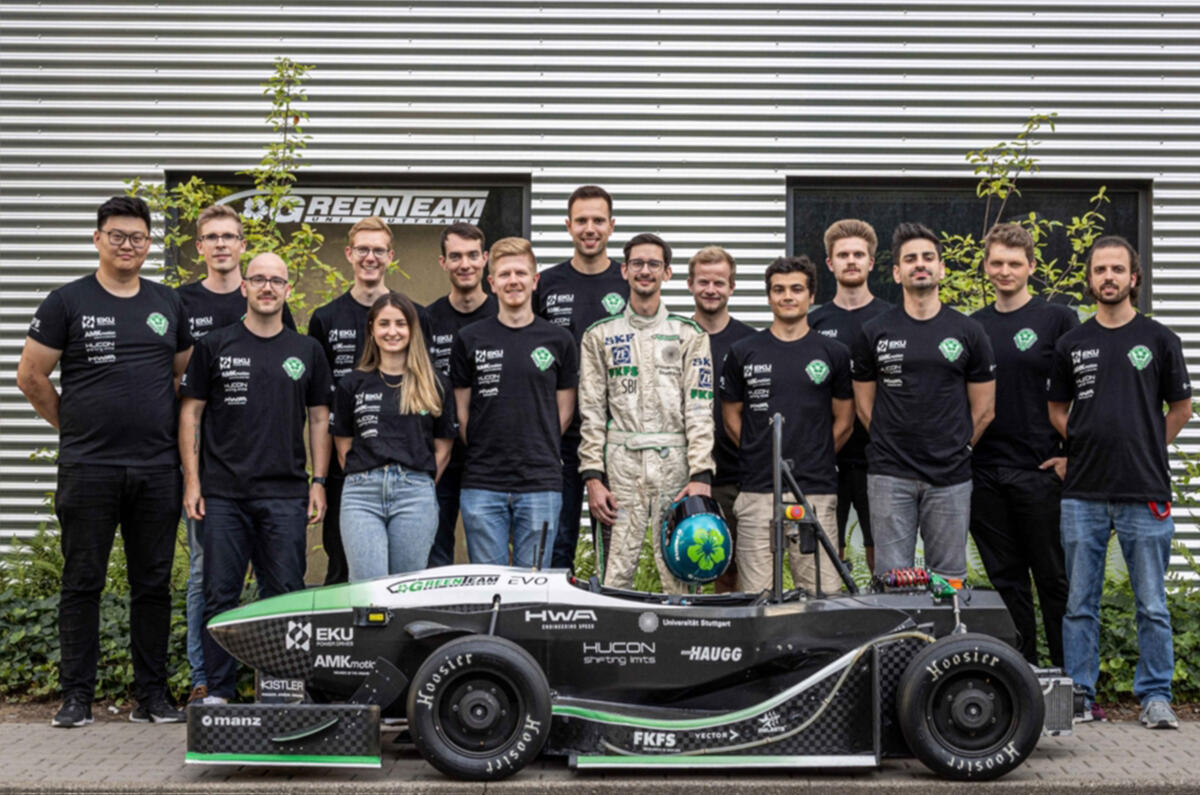
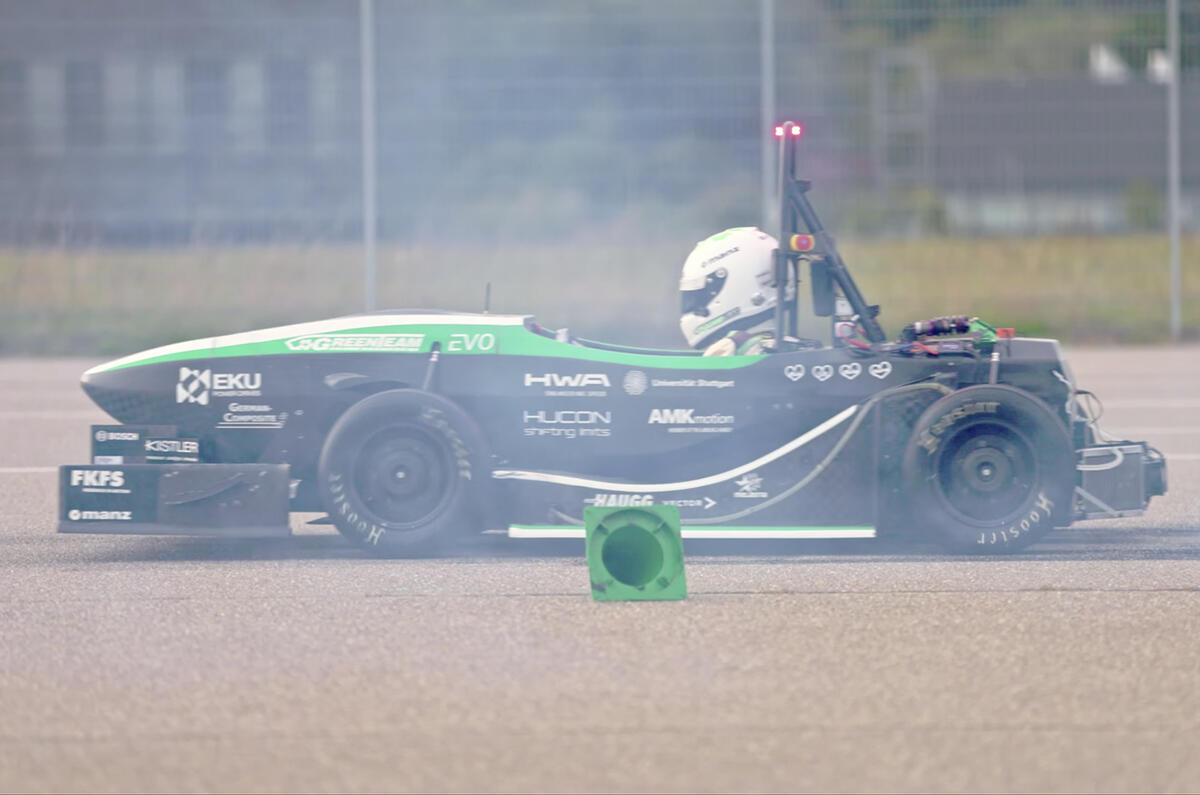
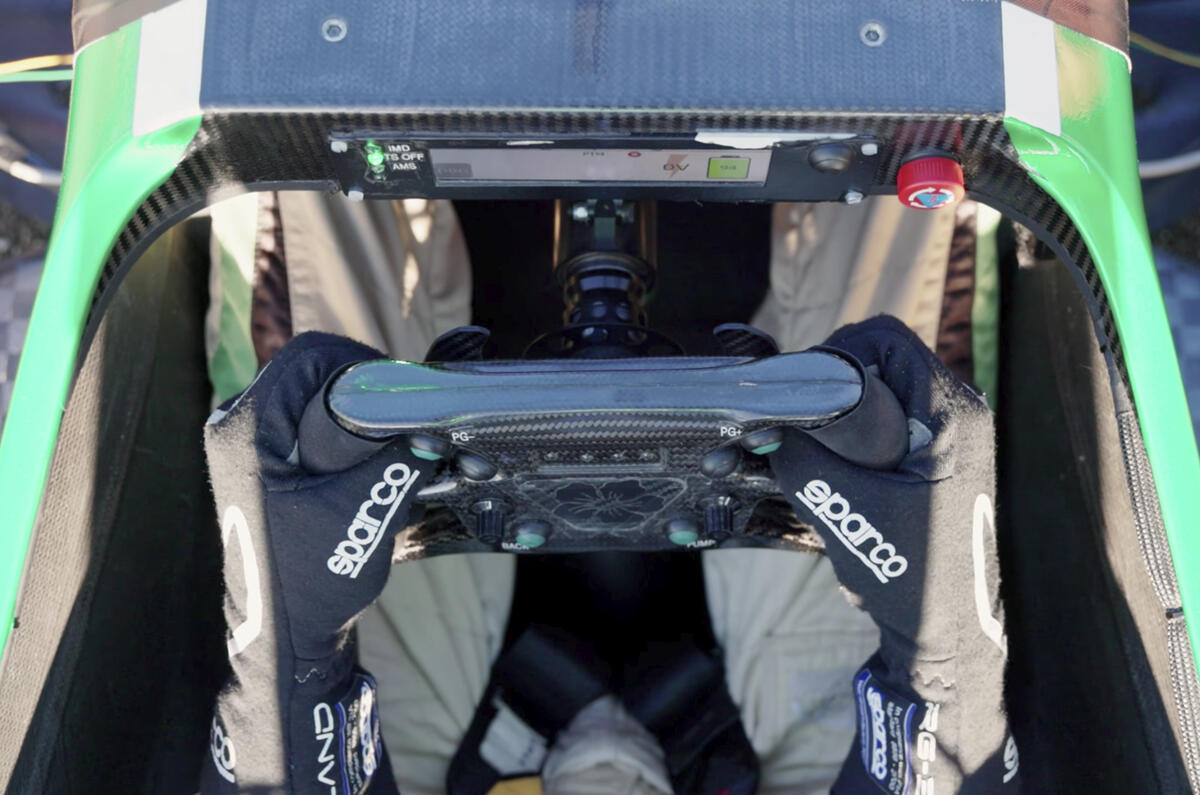
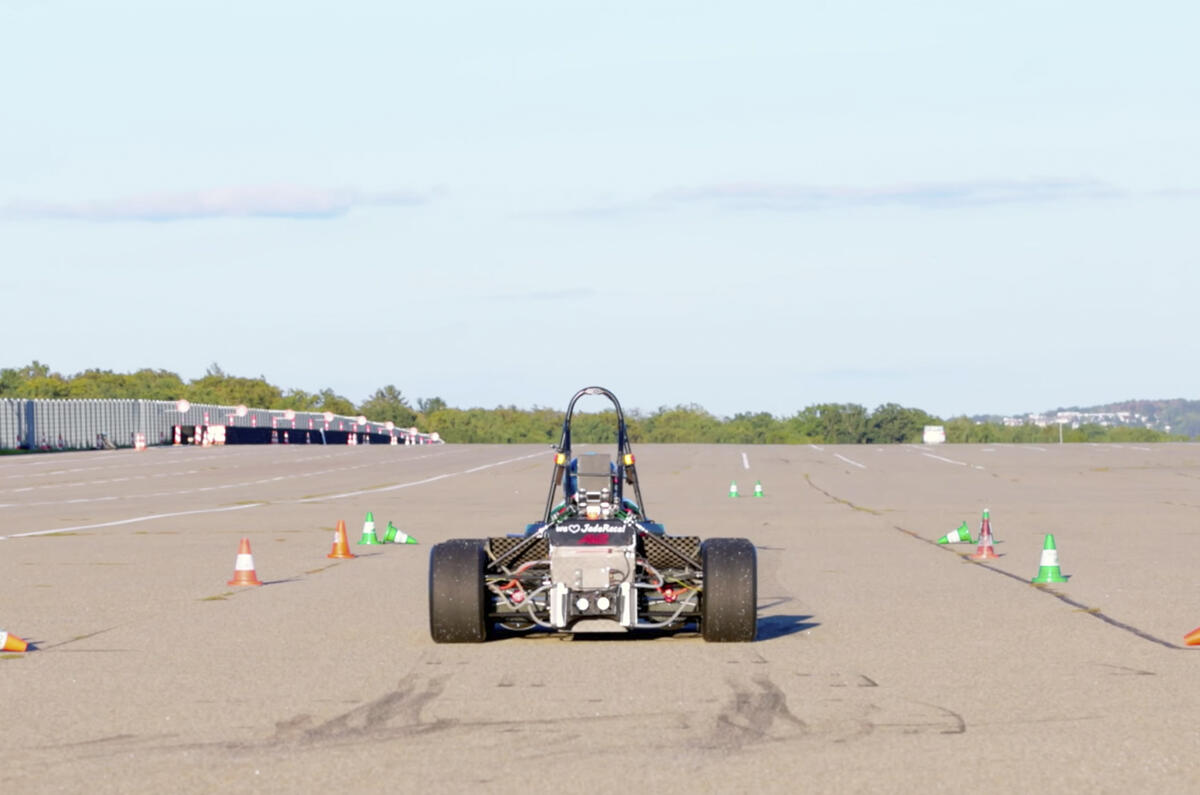
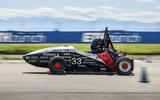
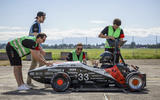
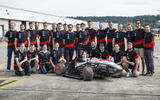
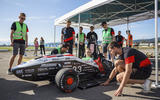
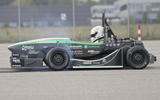
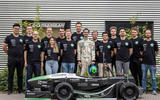
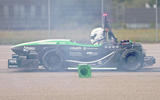
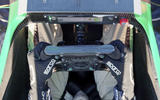
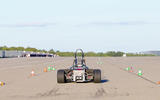


Join the debate
Add your comment
Suprised no mention of the McMurty Speiling which can do 0-60 in 1.4 seconds and has the same fan technology
What a cool project! I want one!